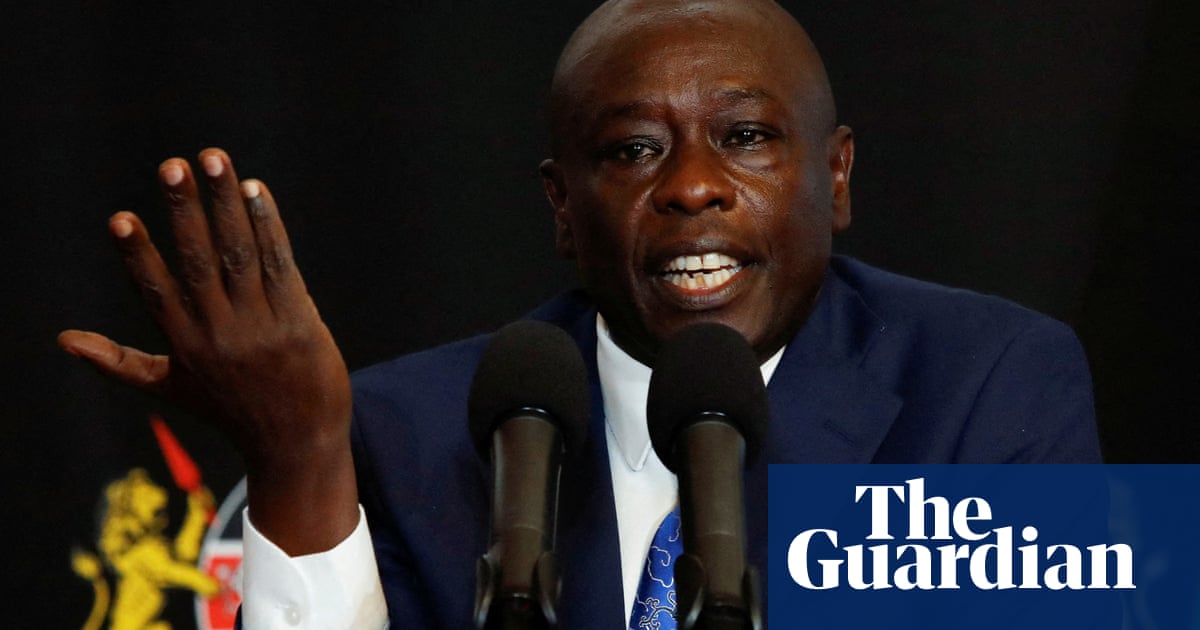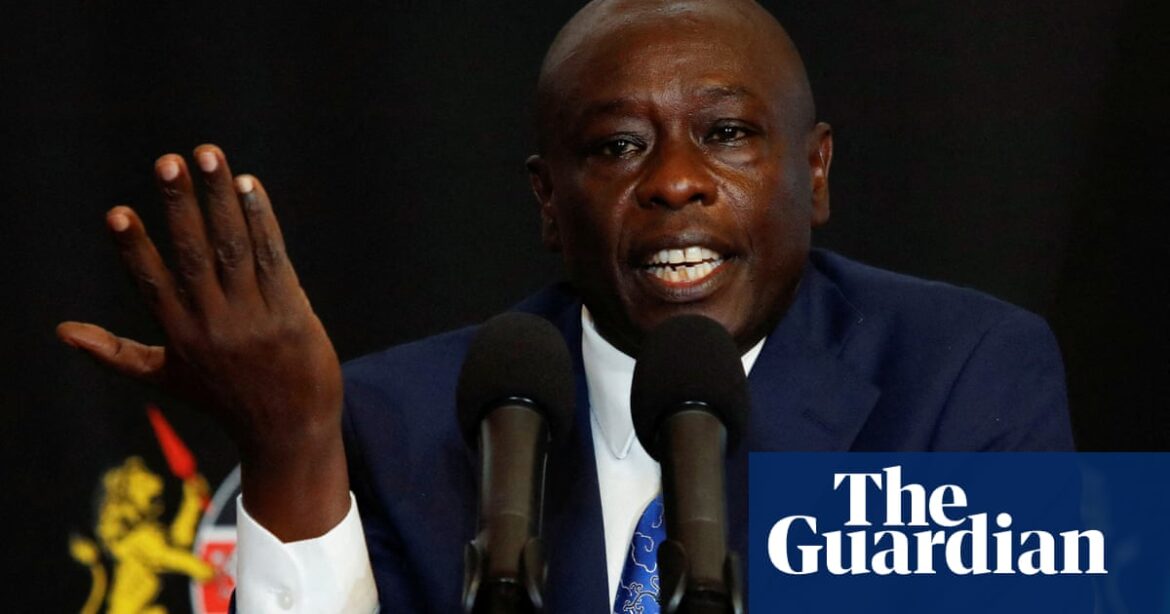
Kenya’s senate impeached the deputy president, Rigathi Gachagua, while he was in hospital on a day of high political drama in Nairobi.
Senators upheld five out of 11 charges against Gachagua in a vote late on Thursday, making him the first deputy president in the country to be ejected from office through impeachment.
“The senate has resolved to remove from office, by impeachment, his excellency Rigathi Gachagua. Accordingly, his excellency Rigathi Gachagua … ceases to hold office,” said the senate speaker, Amason Kingi, after the lawmakers cast their votes.
The national assembly, the lower house of parliament, had overwhelmingly voted last week in support of an impeachment motion tabled by Mwengi Mutuse.
Despite attempts by the deputy president to halt the process in the courts, the motion moved to the senate this week. On Wednesday, Gachagua denied all 11 charges against him, which included corruption, inflaming ethnic tensions and undermining the authority of the president and the cabinet.
Moments before he was due to appear in parliament for cross-examination by lawyers on Thursday afternoon, his legal team said they could not find him. Minutes later, his lawyer, Paul Muite, said the deputy president had been admitted to hospital with “intense chest pains” and was in need of “complete rest”.
Muite asked the senate to temporarily stop the proceedings until Tuesday. “The sad reality is that the deputy president of the Republic of Kenya has been taken sick, very sick, and … he is in hospital,” said Muite, throwing the senate into confusion.
Kingi tabled a motion to move the hearing to Saturday but senators voted against it. He suspended the hearings for about two hours for Gachagua’s legal team to get details of his health status, and ordered that the impeachment should continue as it was time-bound, saying he expected the deputy president to take the witness stand after the break.
Outside Karen hospital, about seven miles (11km) from the parliament, Dr Dan Gikonyo told journalists that the deputy president had been taken there with chest pains but he was stable and he would remain under observation for 48-72 hours. “Stress can cause heart problems and the DP is definitely in a lot of stress,” he said.
Back in the senate chambers, the proceedings resumed, with arguments from legislators on the impeachment motion culminating in the unprecedented vote close to midnight.
Gachagua’s impeachment will widen the rift in his relationship with the president, William Ruto. Ruto’s allies have often accused Gachagua of disloyalty and undermining the president’s authority with controversial public statements.
after newsletter promotion
In June, shortly after Ruto had held a press conference to announce the scrapping of a tax bill that had caused violent protests, the deputy president held his own press conference and blamed Noordin Haji, the director general of the National Intelligence Service, for alleged intelligence failures that led to the unrest.
At the national assembly last week, Gachagua said he believed the impeachment proceedings had the president’s approval.
Kenya has experienced a tumultuous period, including the June protests, which lasted nearly two months and led to dozens of deaths and disappearances.
On Friday morning, the president nominated the interior minister, Kithure Kindiki, who had been a leading candidate to be Ruto’s running mate in 2022, to replace Gachagua. But a court has suspended the process until 24 October after Gachagua’s legal team filed a petition claiming his removal was unfair.
Source: theguardian.com



